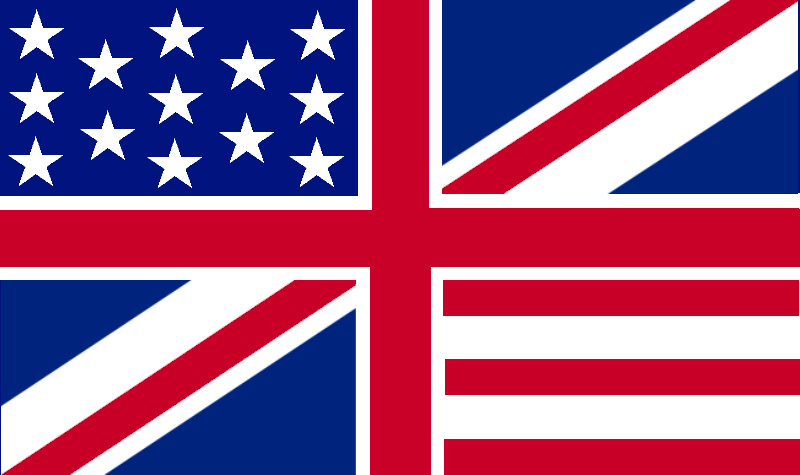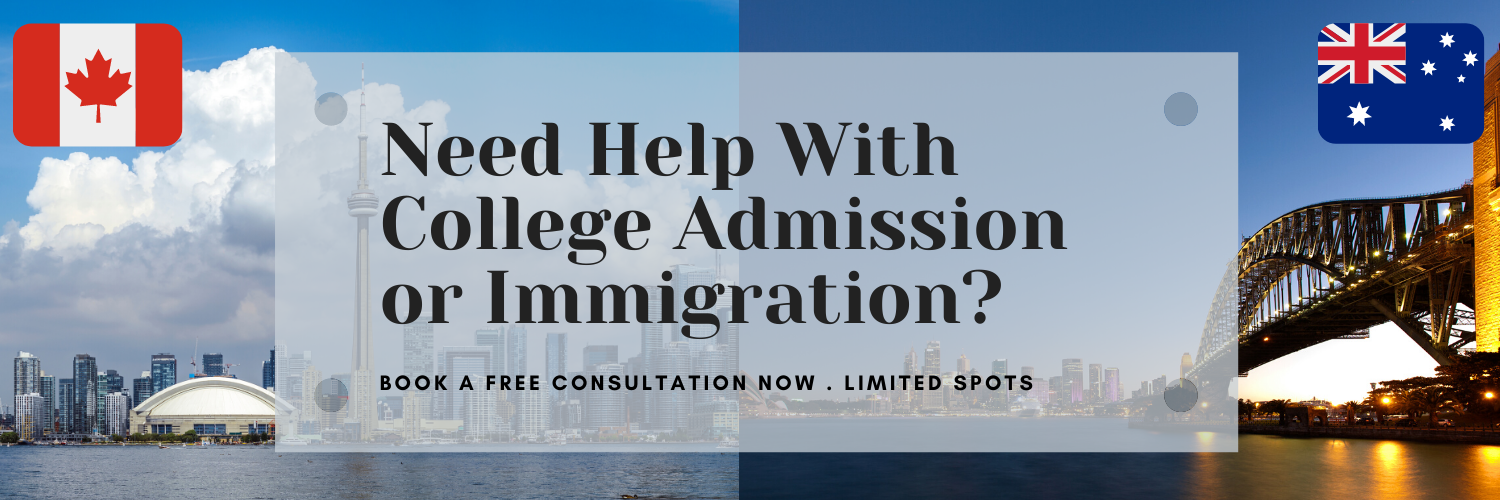I've spent the past 20 years of my life living in US and Australia. In these 20 years I've noticed a lot of differenced in the way Aussies and Americans speak English.
In fact, I still vividly remember the first time I ordered a Subway sandwich in Australia. I had to unlearn all the American terms in ordering a sub. Here's how the conversation went:
Him: Any cheese on your sandwich?
Me: yeah American please
Him: (looking puzzled as if he had never heard of that type of cheese before)
Me: (thinking of some other cheese types) umm swiss
Him: (giving a nod of approval) .. Any vegetables?
Me: lettuce, onions, green peppers ..
Him: lettuce, onions and what ??
Me: green peppers?? .. this one (pointing to it)
Him: oh capsicum ..
Me: yeah yeah capsicum .. and tomatos.
Him: capsicum and thamaatoes (apparently correcting my pronunciation)
Him: Eat in??
Me: To go please.
Him: (again looking puzzled).
Me: aaaahh ... take away .. carry out .. parcel .. (by this time he got it)

So it got me thinking, since English is the most widely spoken second language in the world, what other differences exist between Australian English vs. American English vs. British English vs Canadian English.
Speech Habits
Speech habits are things that people say commonly sometimes even unknowingly.
Australians, for example, say mate in every sentence.
G'day mate!
Britishers use bloody a lot.
That's bloody delicious!
Canadians, add an eh or hey at the end of their sentences.
They're pretty crazy, eh?
...and if you are in America you might be greeted with a
What’s up? / Wassup? / ‘sup?
Accent & Pronunciations
The next most obvious thing that you will observe when you hear speakers from difference English speaking is their accent and pronunciation.
Here's a funny video Korean Billy's Channel for a great explanations (and demonstrations!) of the different accents.
Vocabulary
The next big difference is in the vocabulary. Although most of the English words are the same across all four countries, there are still a few differences. In terms of vocabulary, Canada is closer to the US while UK is somewhat closer to AUS (with a few exceptions)
| AUS/UK | US/CA |
| unit / flat | apartment |
| How are you going? | How are you? |
| Sunnies | Sunglasses |
| Lollies/sweets | Candies |
| Jumper | Sweater |
Check out 20 words that have pretty different meanings in Australia than they do in the U.S. Some are just too funny.
Aussie slang
Aussies LOVE their slang. In fact, when you hear an Aussie speaking, you might think that he/she is too lazy to pronounce the whole word. Aussies abbreviate everything.
- Breakfast = breaky
- Sunglasses = sunnies
- Vegetables = vegies
- Postman = postie
- Superannuation = Supa
- Afternoon = arvo
Spelling
In terms of spelling, there are two spelling systems, namely: American and British. Australians and Canadians, both use the British spelling. Here are a few examples:
| Spelling System | US | UK / AUS / CA |
| -or VS -our () | color | colour |
| -ize VS -ise and -lyze VS -lise | realize, analyze | realise, analyse |
| -ter VS -tre | center | centre |
| -ll VS -l | enroll | enrol |
Grammar
Thankfully, grammar is not too different Australia, US, US and Canada. There are only minor differences mainly in the way past tense is expressed. For example:
| AUS/UK | US/CA |
| I forgot | I had forgotten |
| I learnt it | I learned it |
| You spelt it wrong | You spelled it wrong |
Conclusion
English is spoken and written differently even in English speaking countries such as Australia, US, UK and Canada. If you are planning to move to one of these countries then you should surely look into the common vocabulary and phrases used in everyday conversations.
Moreover, if you are moving from a non-English speaking country then you might have to even take an English language competency test like IELTS. Make sure that you get accustomed to the different accents from different English speaking countries as the listening section can have speakers from any of the English speaking countries.
Finally if you need any help preparing for the IELTS exam, check out the IELTS Twenty20 Course.


Comments are closed.
This is not accurate. I have never heard a Brit say “how are you going?”
Canadians will say “I learnt it.”
The Canadian rental vocabulary is more extensive than “apartment”. They will use the term “unit” as well.
I am not Aussie but I say “breaky” and “vegies”.
I think this would have been better if you kept it at comparing US and Aussie English, as you have a better awareness of those. The Brit and Canuck English are both off.
Your Canadian section is wrong. The grammar section is completely off (we say I forgot, I spelt… saying I forgotten, you spelt sounds super formal).
Also as the other commenter said, Canadians refer to their space in a building a unit or a flat. When someone says apartment in Canada, they are usually referring to the entire building complex.
Also, sorta the thing that got me off on this whole tangent… But Canadians actually make fun of Americans for saying Hey a lot. In Canada it is only Eh (usually just means okay, mmmhmm, or meh).